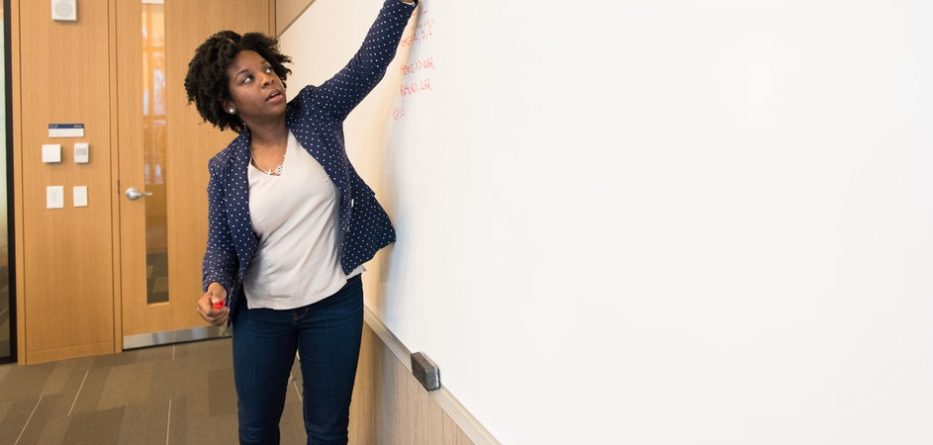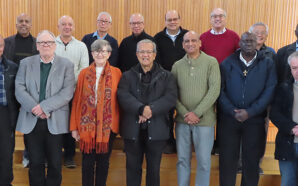In Australia International Teachers Day is celebrated at the beginning of the final school term. At this time exams loom, school teachers and students are tired, and encouragement is needed. The theme of the day is the right of every child to have a qualified teacher.
When we think of teachers we instinctively think of schools and of children. But it is worth reflecting more broadly on what it means to teach.
In reality we are all teachers. Catholic documents have long insisted that parents are the first and most influential teachers of their children. Schools exist to help parents, not vice versa. Even more broadly, all of us, whether in schools, hospitals, workplaces, cricket teams, on dance floors, or in the bush, introduce others to new crafts and knowledge.
Nor is our teaching just about explanation. We also model for others how to act as nurses, administrators, walkers or sportspersons. If we are the first people whom others meet in a workplace or on the sporting field, we are role models, for better and for worse, whether by applying linseed oil to the cricket bat or sandpaper to the ball. And if we are role models we are teachers.
For all of us the most important teaching has to do with good relationships. In this area of life the family is the most influential school and parents are the most influential teachers. This is sometimes forgotten when anxiety about young people places governments under pressure to transfer responsibilities to schools. They can then easily be seen as the most important institutions for passing on wisdom rather than for assisting families in doing so.
We can also easily forget the importance of good teachers for helping adults to learn. We certainly recognise this in universities, including universities for the Third Age. We also recognise it when we seek out mentors: people we can consult both about how to work more effectively and also about how to attend to and balance the important relationships in our lives.
It is also important for immigrants to find good teachers of English. They help people newly arrived in Australia to connect with society, to gain confidence in daily living, and to find work in which they can develop their gifts and skills.
The work of Jesuit Social Services is about teaching in this broad sense. In many of our programs with vulnerable young people we teach by accompanying people, being role models for them and helping them to connect with society. In other programs we teach more directly – helping young people express themselves through art, words and music, and teaching them skills to help them connect with society.
The Community College provides more formal teaching, offering courses that will help immigrant women find employment, and a range of other units that build confidence and qualifications for living in Australia.
The theme of Teachers’ Day this year is the need for qualified teachers. Qualifications are often measured by degrees, certificates and other formal signs of achievement. Both for teachers in schools and in the community informal qualifications are equally important: they include life experience, empathy, maturity, kindness and listening.
Fr Andrew Hamilton SJ writes for Jesuit Communications and Jesuit Social Services.








